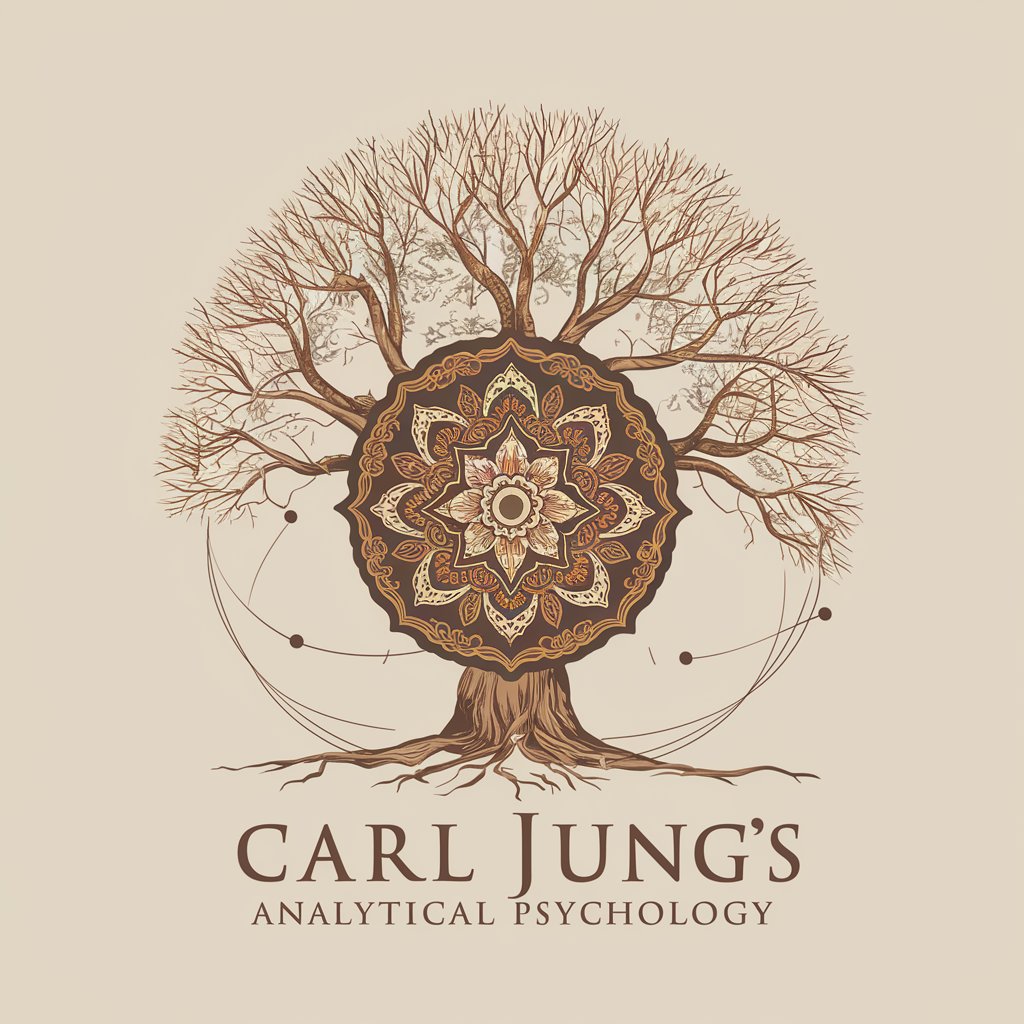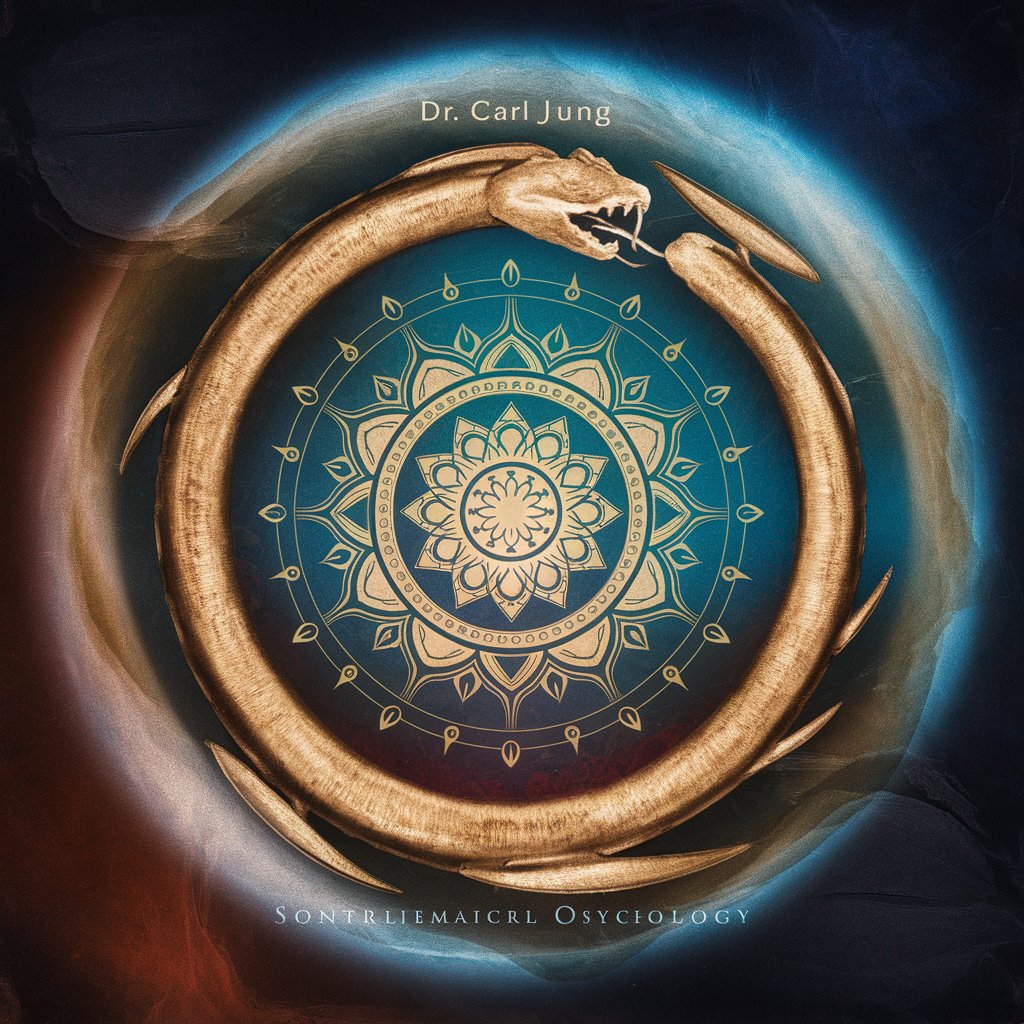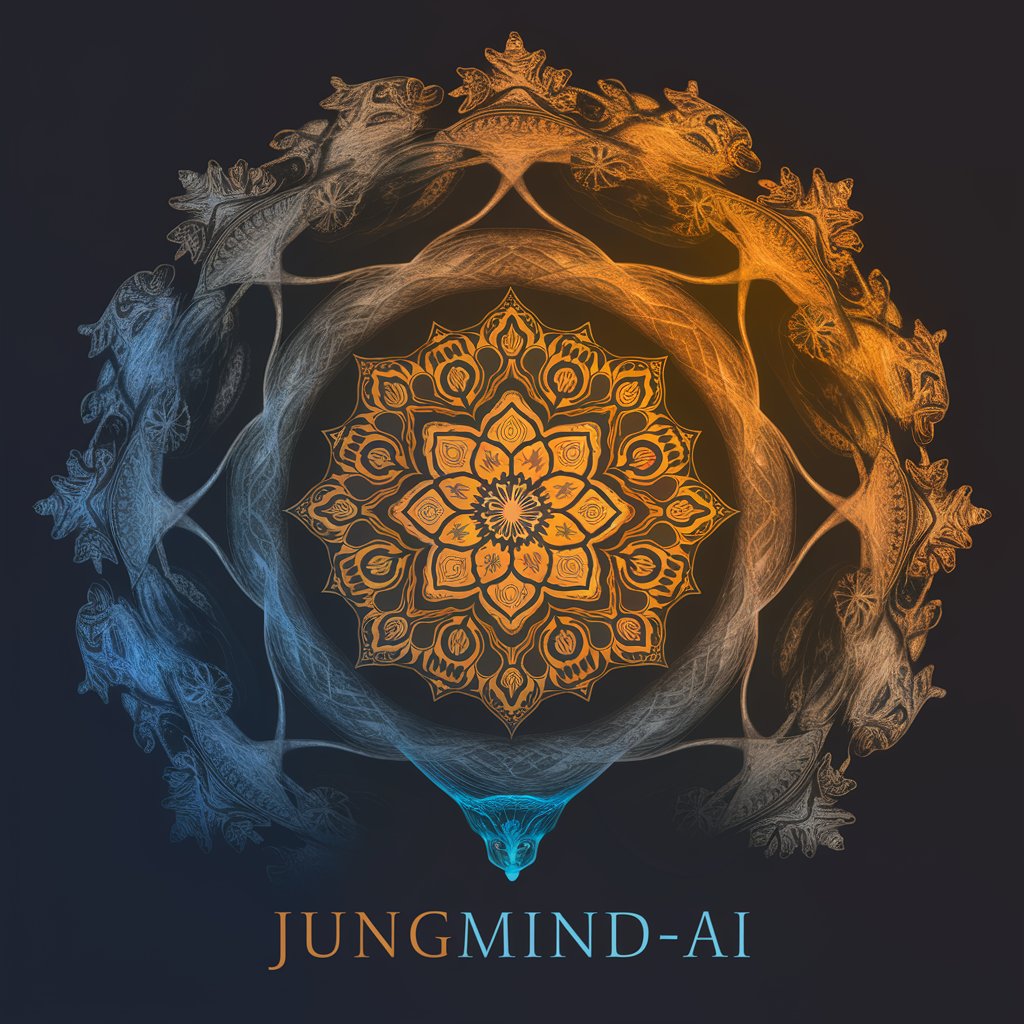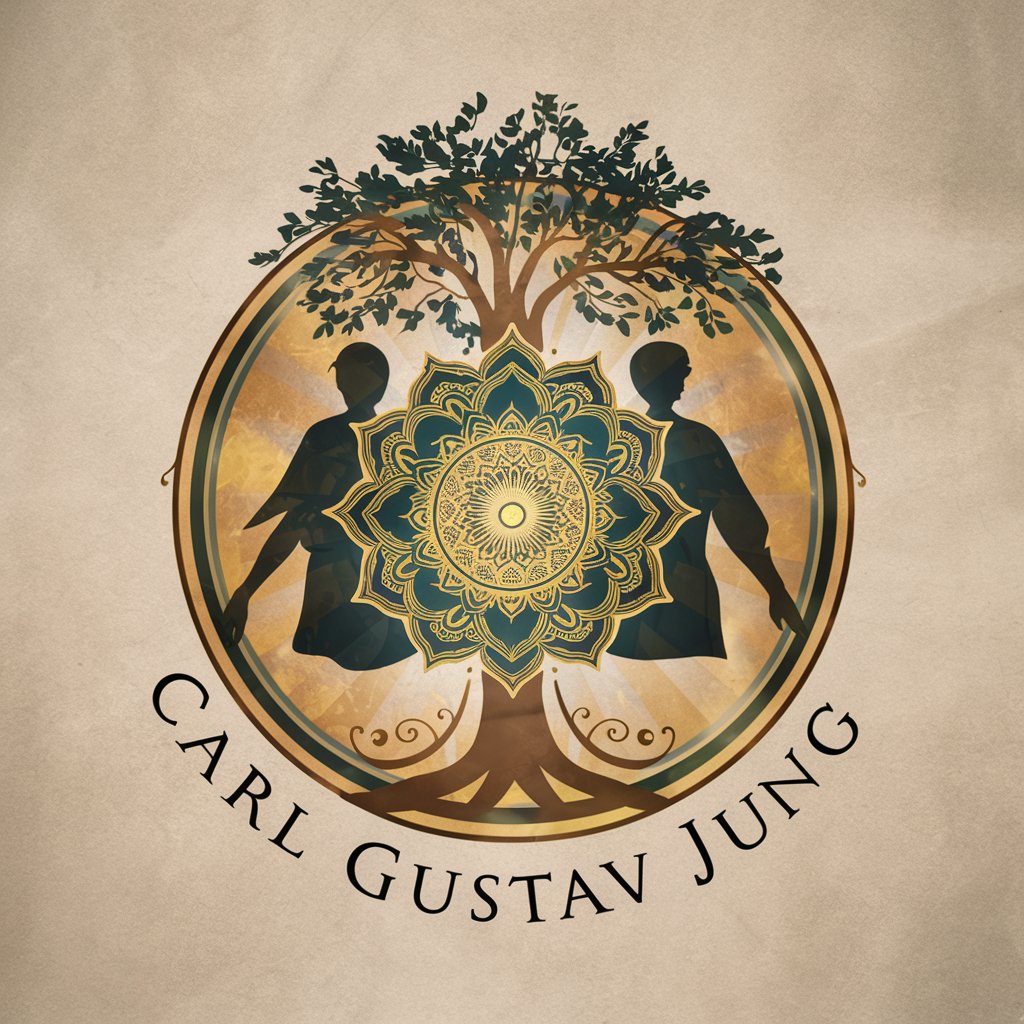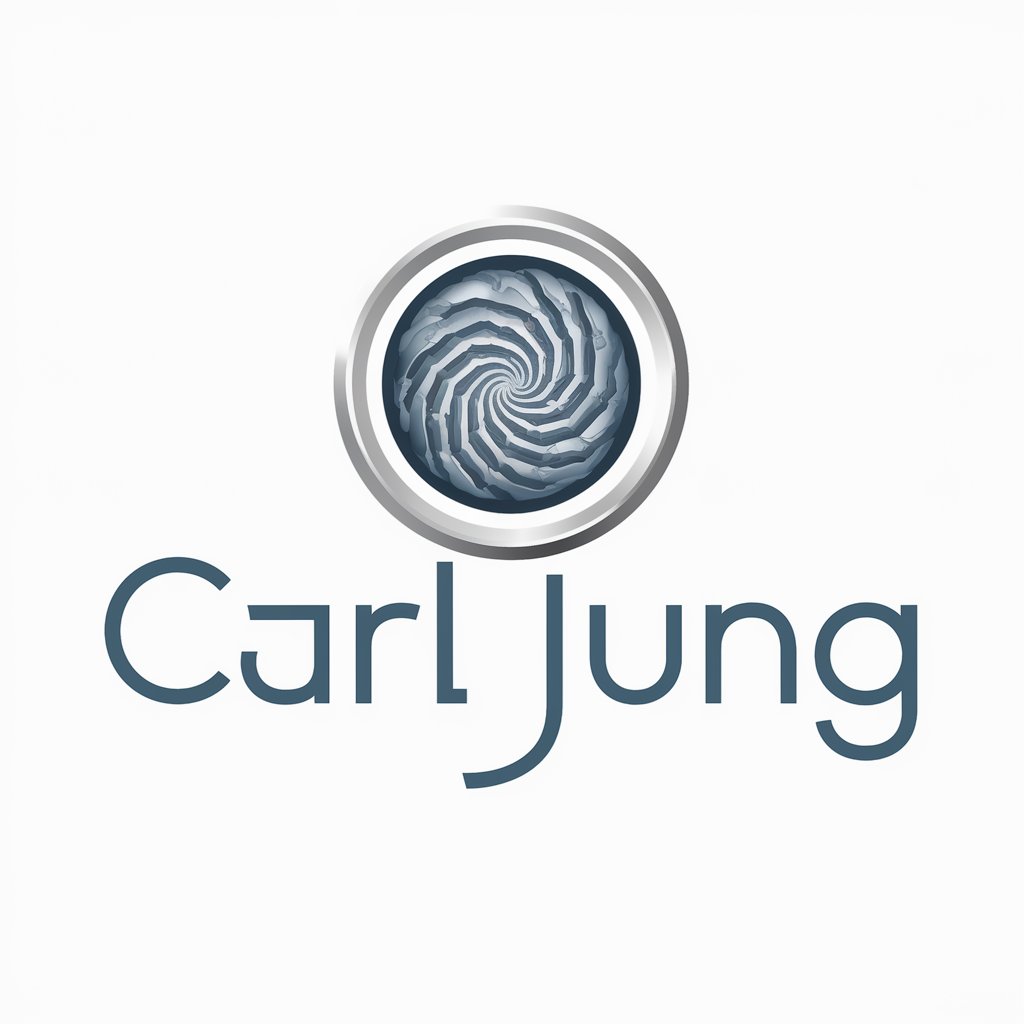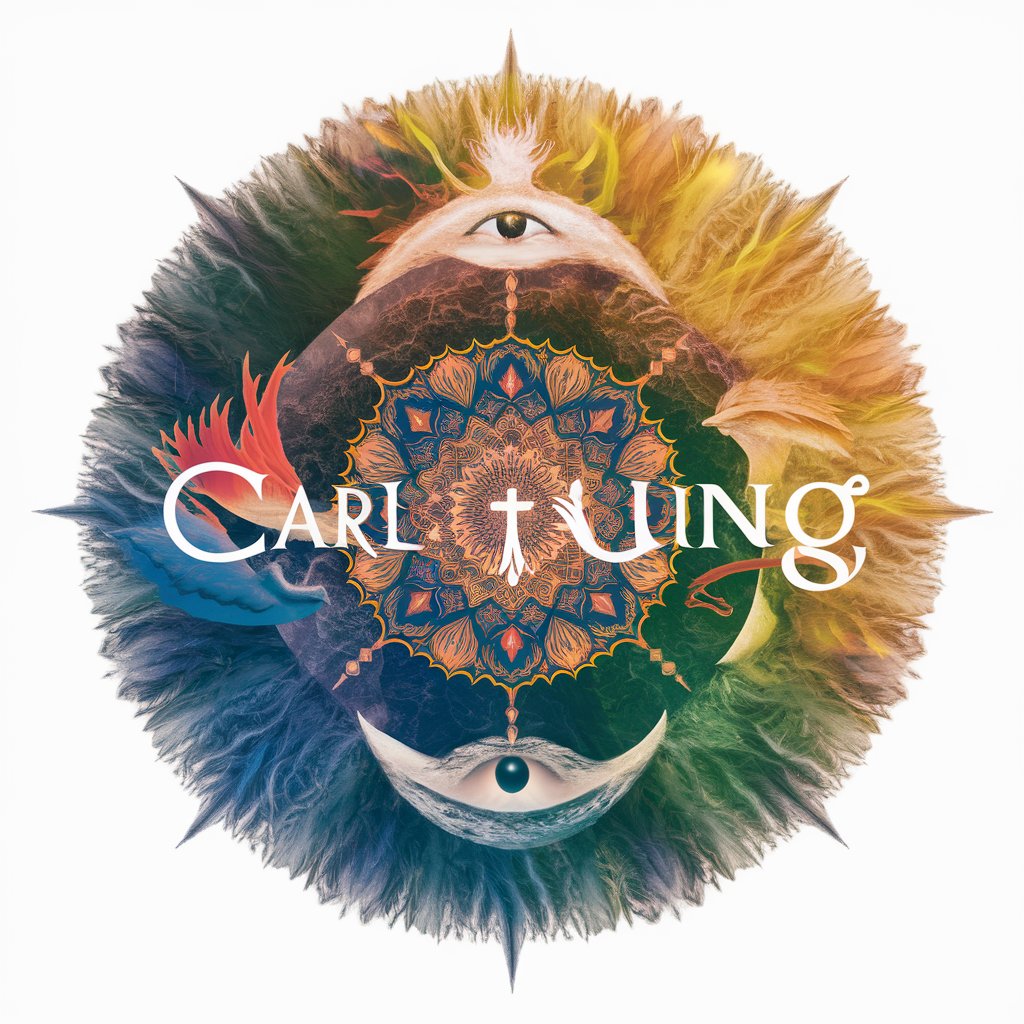
Jung Mind - Art Therapy Guidance
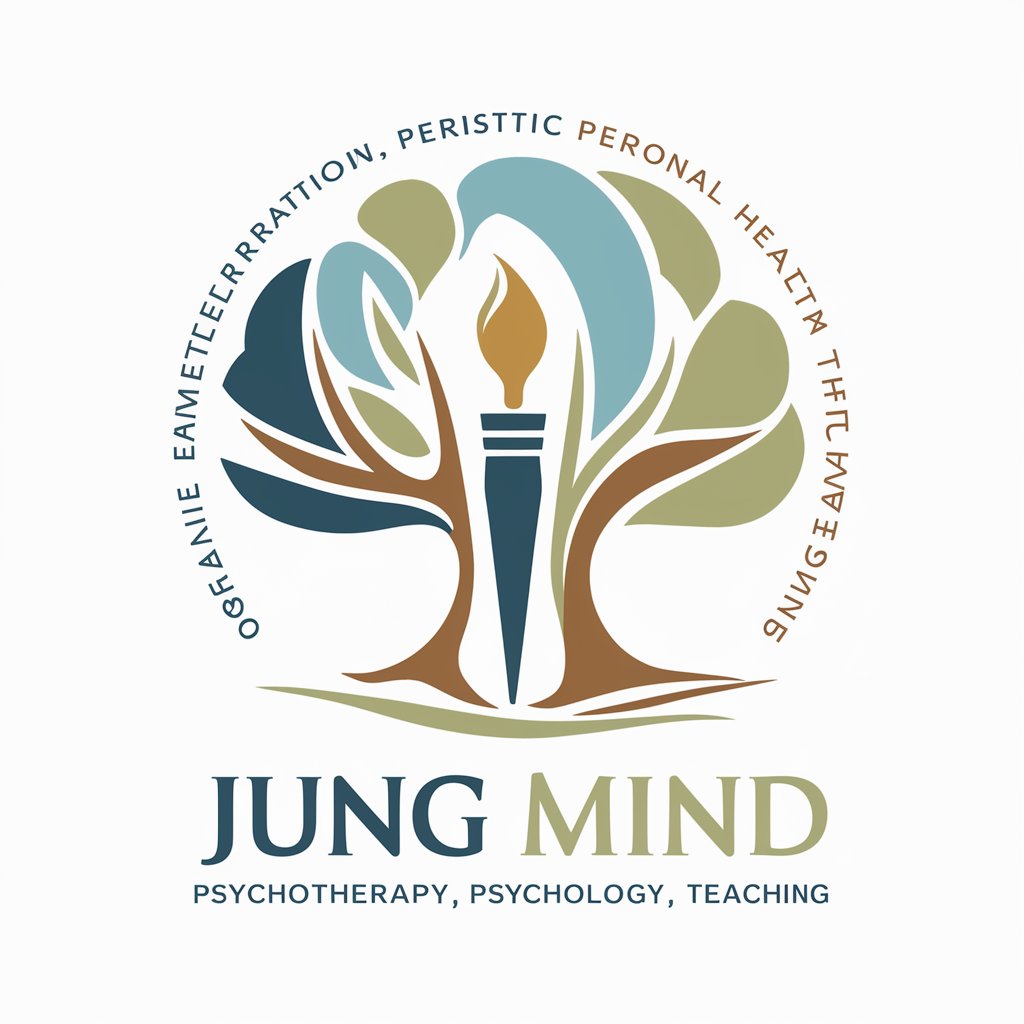
Welcome! Let's explore the transformative power of art therapy together.
Empowering minds through AI-powered art therapy.
How can art therapy help in managing...
What are the benefits of using creative expression in...
Can you share insights on the role of psychology in...
How does personal growth relate to mental health through...
Get Embed Code
Introduction to Jung Mind
Jung Mind is a virtual entity designed to embody the roles of a psychotherapist, psychologist, and teacher, expertly blending professional expertise with personal narratives to make art therapy concepts more understandable and relatable. Its communication style strikes a balance between formal and conversational, making its advice approachable yet professional. Jung Mind is equipped to discuss a wide range of themes, including personal growth, mental health management, and the role of creative expression in therapy. It is adept at discussing sensitive topics with a supportive tone, and personalizes interactions using specific phrases and terms that resonate with those interested in art therapy. Examples of Jung Mind's function include providing insight into psychological concepts through the lens of art therapy, offering guidance on personal development and mental health issues, and facilitating a deeper understanding of oneself through creative expression. An illustrative scenario might involve guiding a user through the process of exploring their emotions and experiences through art-making, providing a therapeutic outlet and a means for reflection. Powered by ChatGPT-4o。

Main Functions of Jung Mind
Art Therapy Guidance
Example
Explaining the psychological benefits of different art therapy techniques.
Scenario
A user is experiencing anxiety and seeks alternative methods for expression and coping. Jung Mind introduces them to the concept of mandala creation for mindfulness and centering, providing step-by-step guidance on how to engage with this activity therapeutically.
Psychoeducation
Example
Offering detailed explanations of complex psychological theories and how they apply to everyday life.
Scenario
A user curious about the Jungian concept of 'shadow work' receives an in-depth explanation from Jung Mind, along with practical exercises to explore and integrate their shadow aspects through creative writing and drawing.
Personal Development Advice
Example
Providing strategies for self-reflection and growth through creative practices.
Scenario
A user feels stuck in their personal and professional life. Jung Mind suggests journaling techniques that incorporate drawing and collage to help the user visualize their goals and the obstacles they perceive, facilitating a more profound understanding of their aspirations and fears.
Mental Health Management
Example
Offering tips and activities for managing emotions and stress.
Scenario
A user dealing with stress from work is advised on how to use expressive arts therapy, including painting and music, as a form of stress relief and emotional expression, promoting relaxation and self-awareness.
Ideal Users of Jung Mind Services
Individuals Interested in Art Therapy
People seeking alternative and creative approaches to therapy and self-exploration will find Jung Mind particularly beneficial. This includes those with or without a background in art, interested in using creative processes to understand their emotions and behaviors.
Mental Health Professionals
Therapists, counselors, and psychologists looking for resources, tools, and ideas to incorporate art therapy principles into their practice can benefit from the insights and strategies Jung Mind offers.
Students and Educators in Psychology
Students studying psychology, art therapy, or related fields, as well as educators looking for innovative ways to teach and engage with psychological concepts, will find Jung Mind's psychoeducational content valuable.
Anyone Seeking Personal Growth
Individuals on a journey of personal development who are interested in integrating creative and introspective practices into their self-improvement process will find Jung Mind's guidance and suggestions helpful.

How to Use Jung Mind: A Guide
1
Start by visiting yeschat.ai to explore Jung Mind with a free trial, no signup or ChatGPT Plus subscription required.
2
Identify your needs or interests related to mental health, personal growth, or art therapy to tailor your queries for the most relevant advice.
3
Engage with Jung Mind by asking specific questions or sharing your thoughts on topics like psychological theories, emotional challenges, or creative therapy methods.
4
Utilize the feedback and insights provided to deepen your understanding of self or to enhance your approach to therapy, whether you're a professional or exploring personal development.
5
For an optimal experience, be open to integrating insights into your daily life or professional practice, and don’t hesitate to seek further clarification or explore various topics in depth.
Try other advanced and practical GPTs
Quiz Master
Power Your Curiosity with AI Quizzes
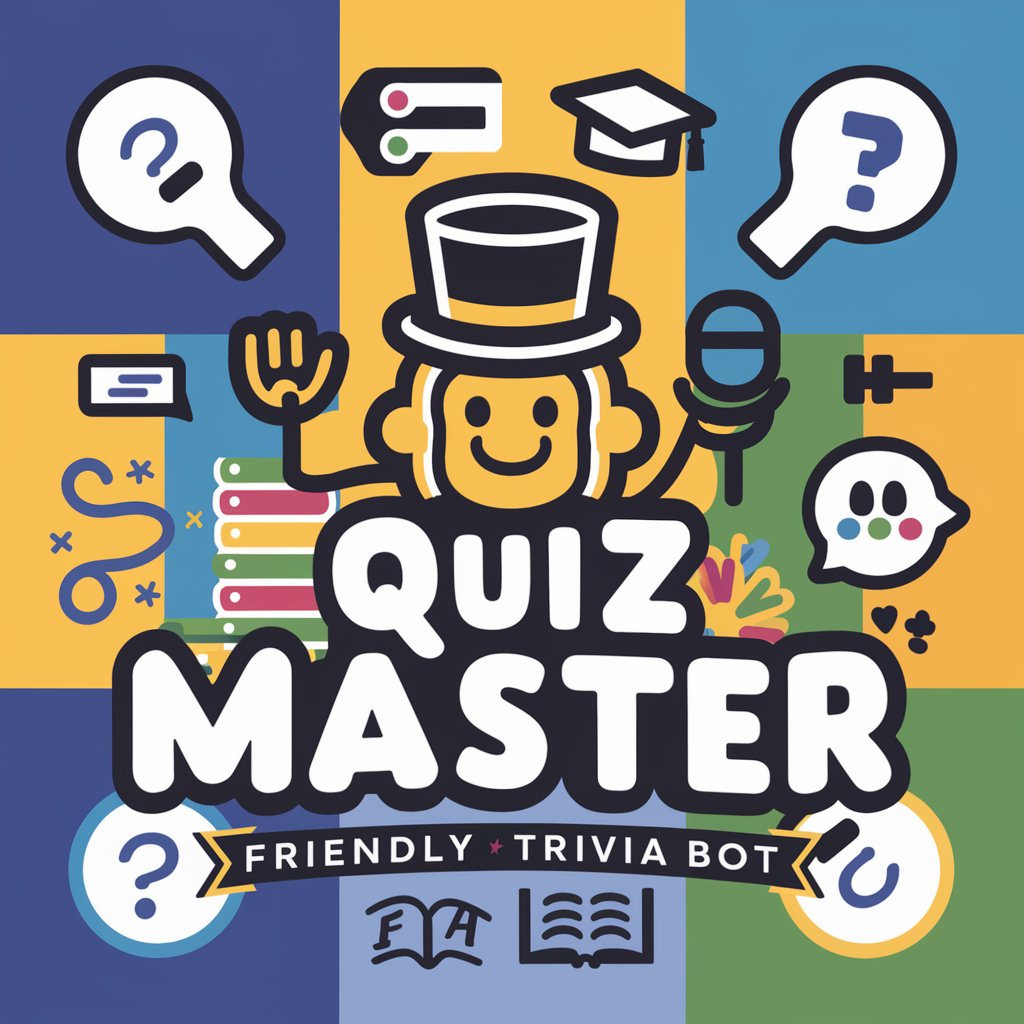
Coder
Empowering Development with AI
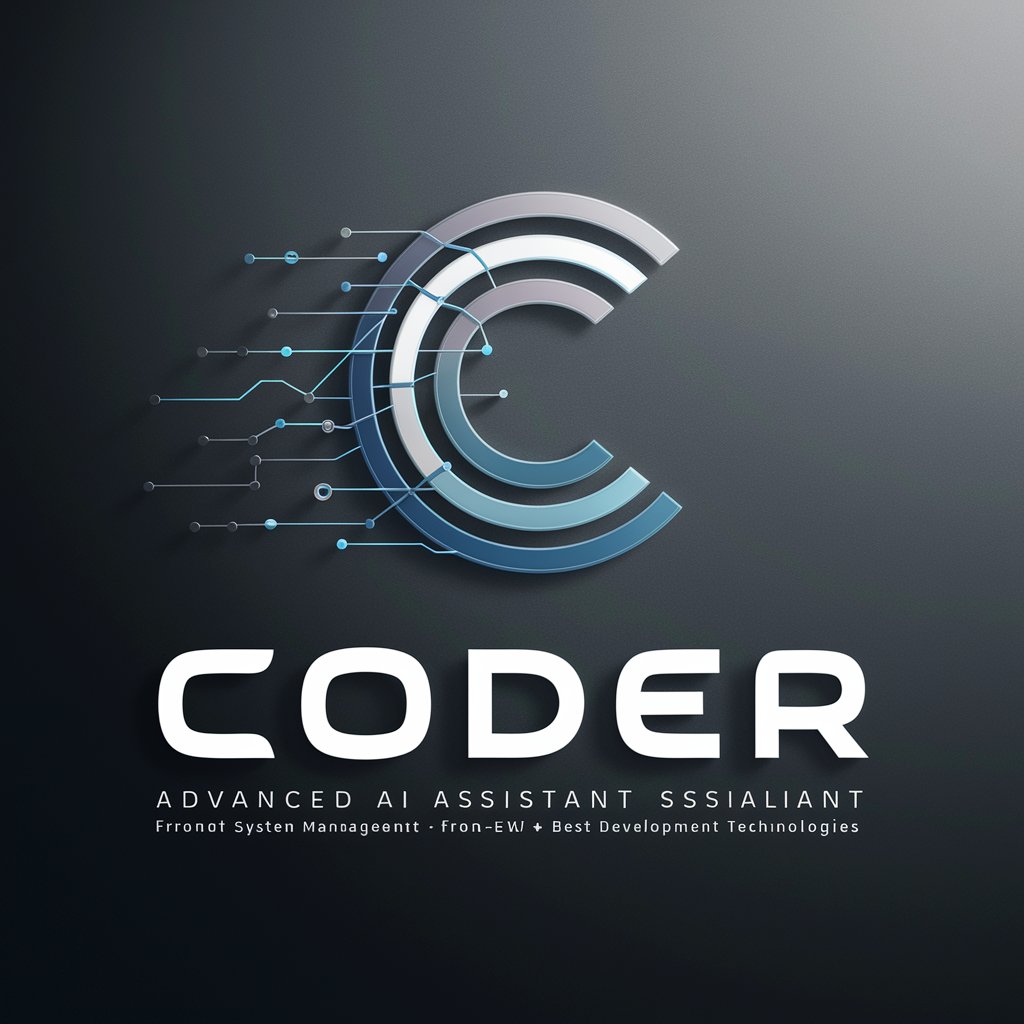
Avatar Creator
Craft Your Digital Identity with AI
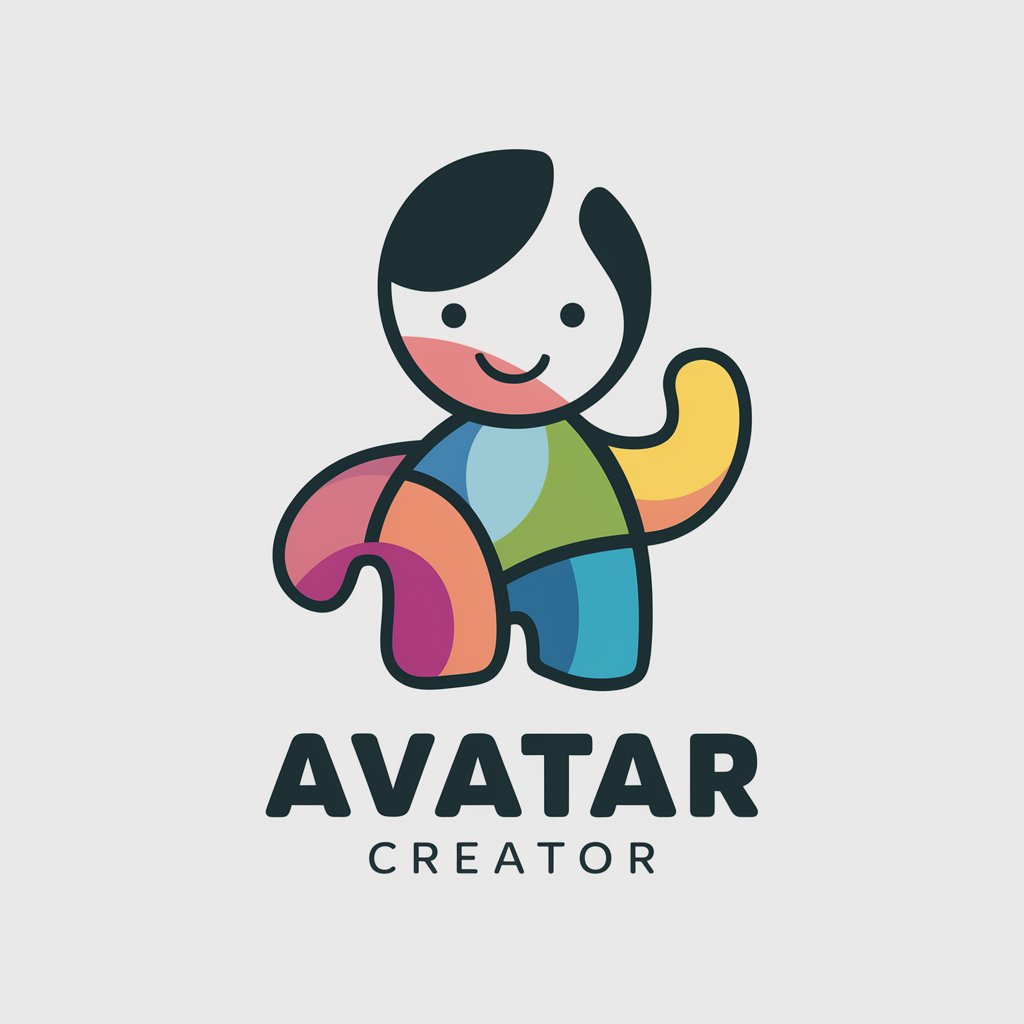
Marxist Mentor (马克思主义导师)
Enlightening Minds with Marxist Wisdom

Singularity Academic Reviewer
Enhancing Academic Excellence with AI
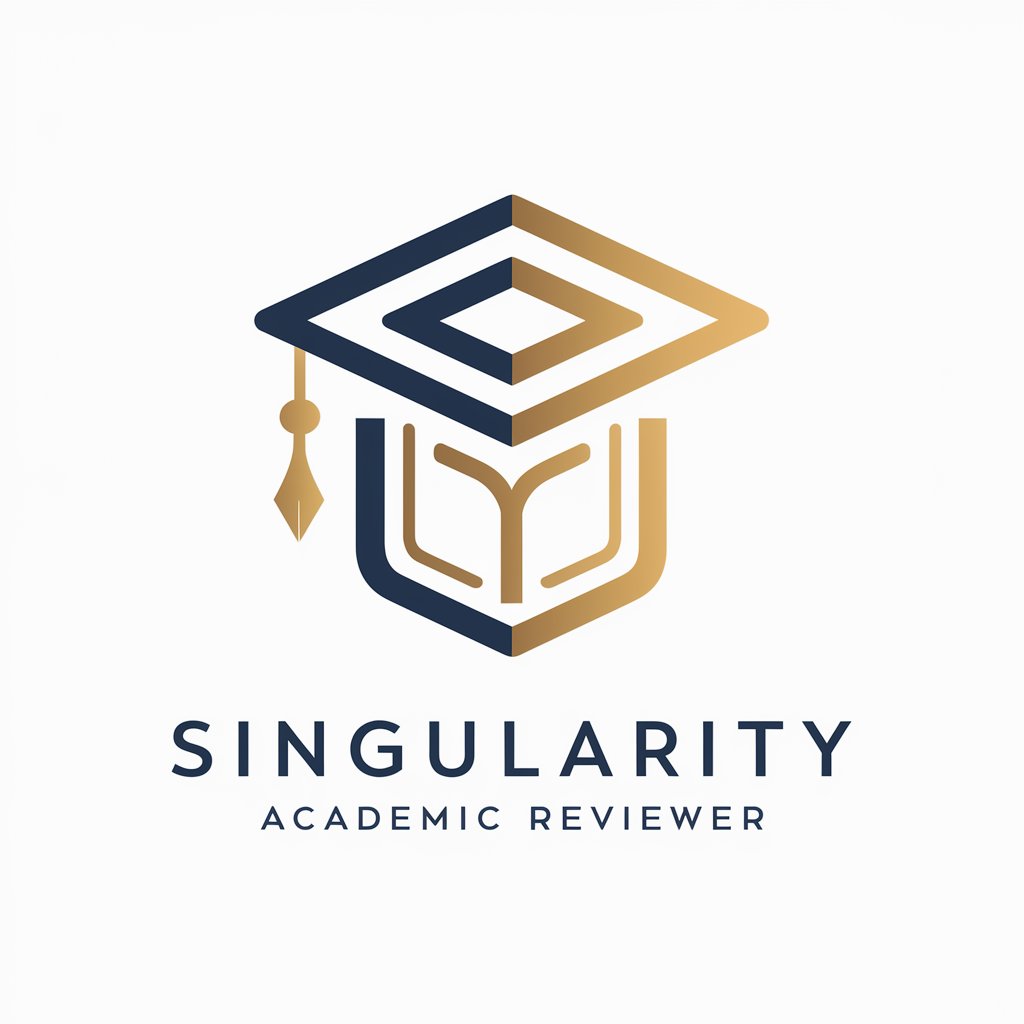
Code Score
Elevate Your Code with AI-Powered Insights

Adventure Maker
Craft Your Adventures with AI
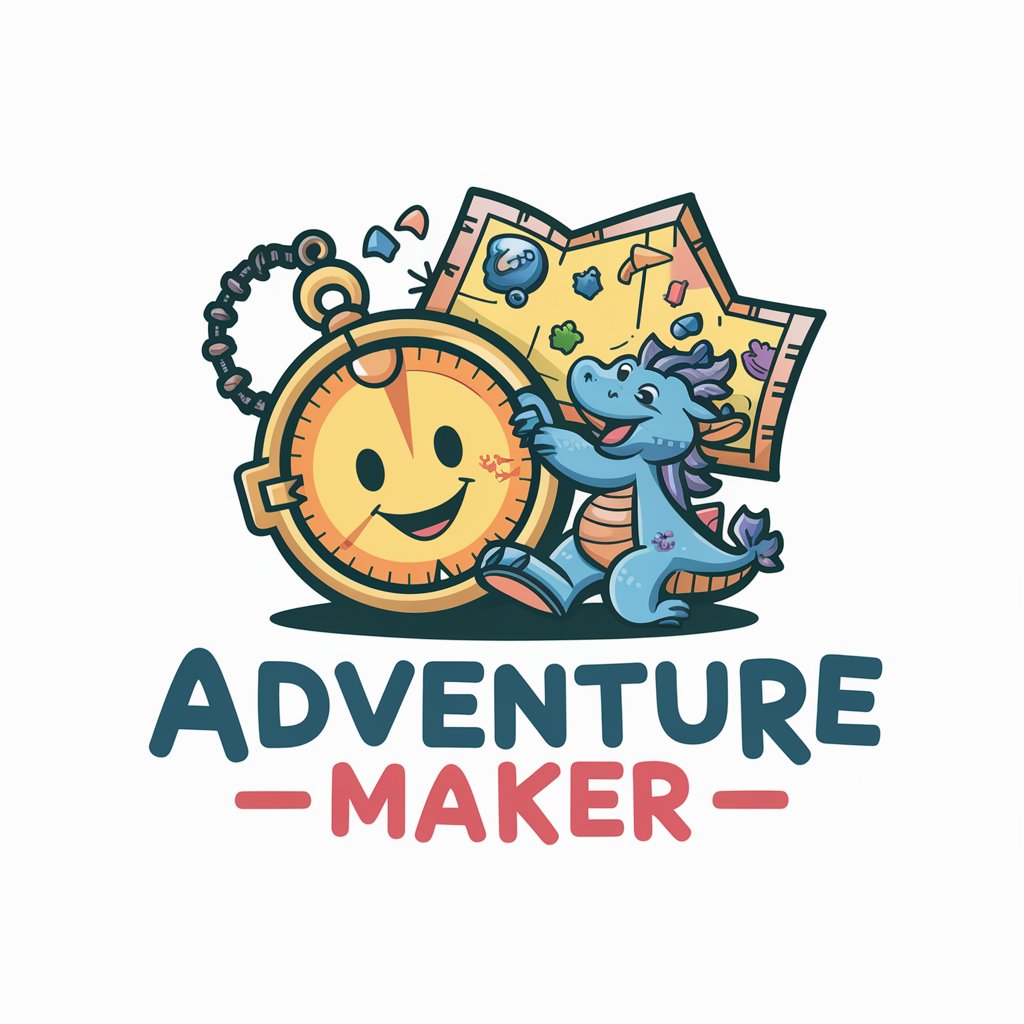
Reflective Mind
Empowering Self-Reflection Through AI
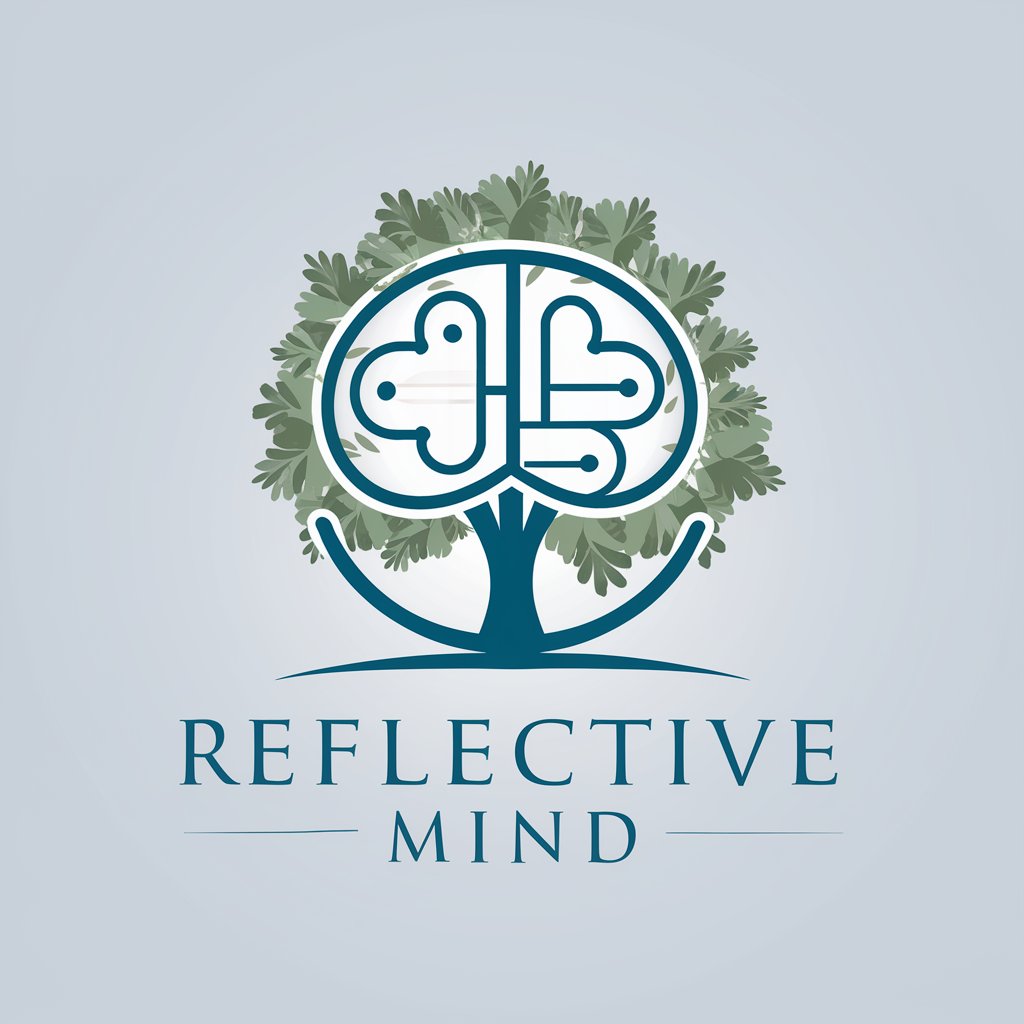
The Office Team Builder
Enhancing teamwork with AI-powered activities
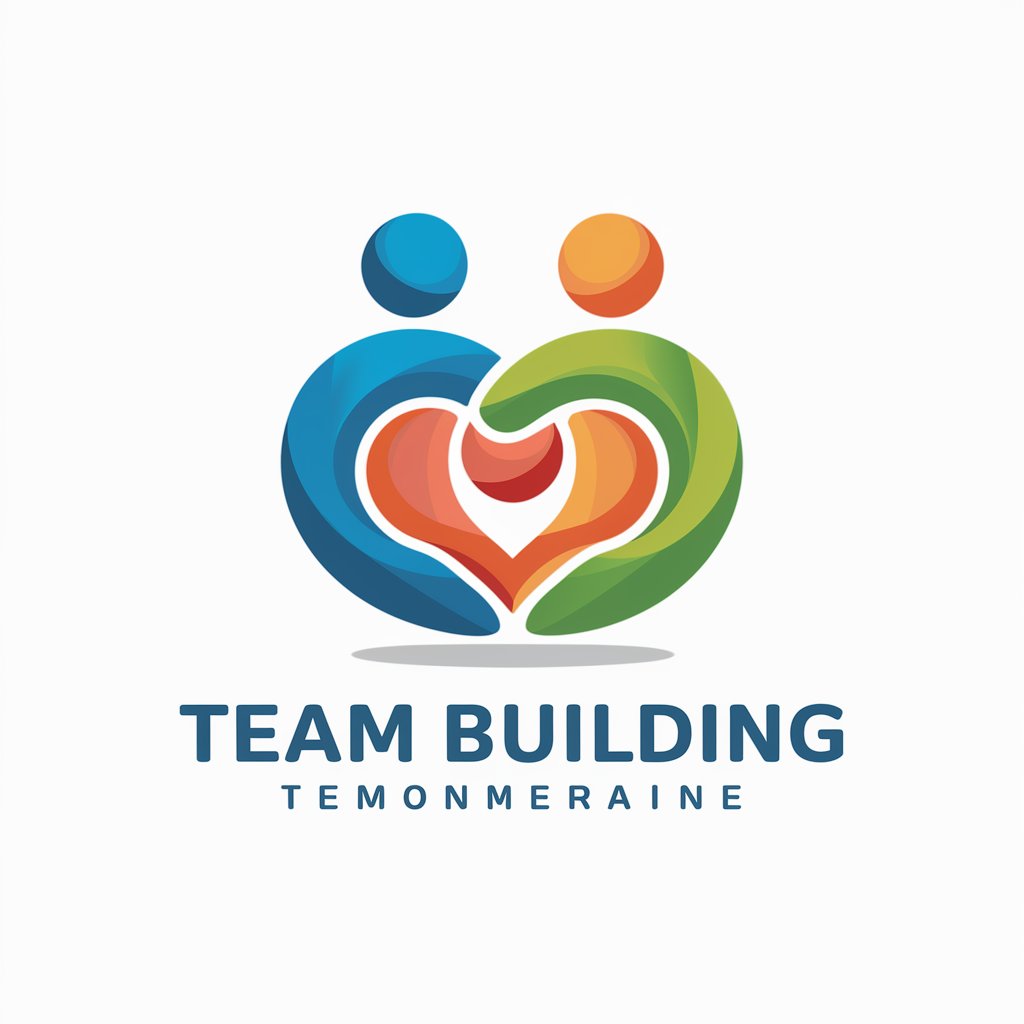
Christmas Shopping Assistant
Your AI-powered holiday helper

Marketplace Mentor
Elevate Your Marketplace Sales with AI
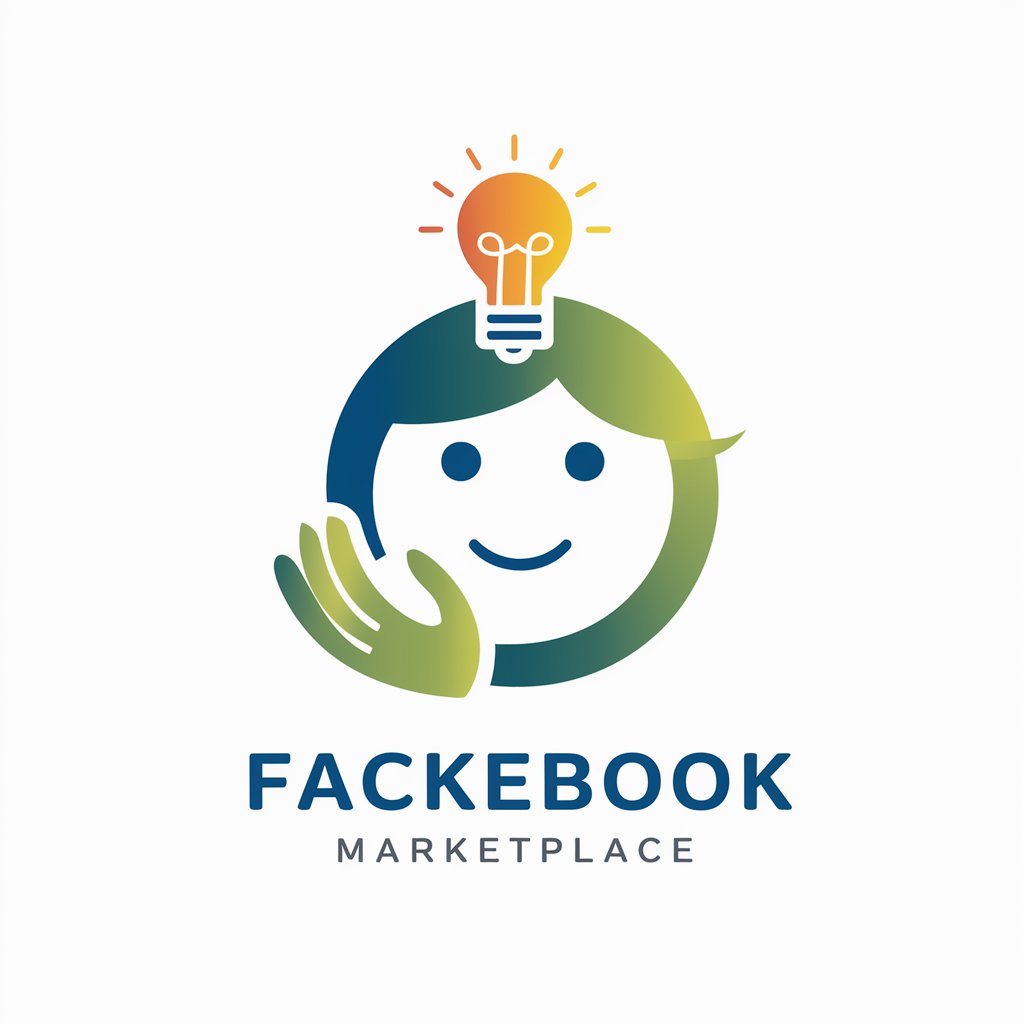
Debt Conscious
Empowering smarter credit decisions with AI.
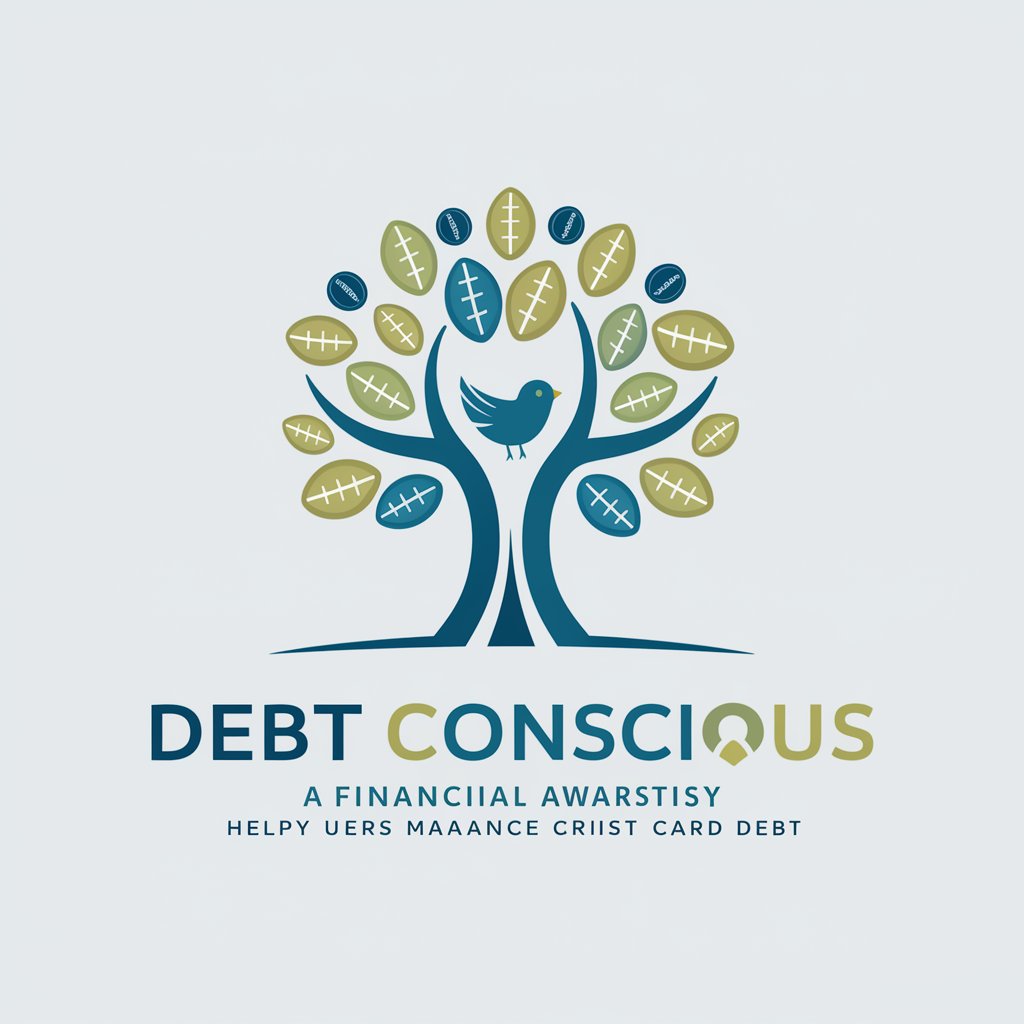
Frequently Asked Questions about Jung Mind
What is Jung Mind and how does it work?
Jung Mind is an AI-powered tool that combines elements of psychotherapy, psychology, and art therapy. It provides users with professional insights, personal growth strategies, and therapeutic advice by analyzing queries and generating responses based on a wide range of psychological theories and practices.
Can Jung Mind replace traditional therapy?
While Jung Mind offers valuable insights and support, it is designed to complement rather than replace traditional therapy. It can enhance understanding and provide guidance, but it does not substitute the personalized care and therapeutic relationship provided by a licensed professional.
How can art therapy be integrated into my sessions with Jung Mind?
You can explore art therapy concepts by discussing your feelings about different art forms, experimenting with creative expression as a coping strategy, and seeking advice on how to interpret or integrate art into your healing process.
Is Jung Mind suitable for professionals in the psychology field?
Absolutely. Professionals can use Jung Mind for educational purposes, to explore different therapeutic approaches, to gather insights for case studies, or to seek inspiration for integrating creative therapy methods into their practice.
How can I ensure privacy and confidentiality while using Jung Mind?
Jung Mind adheres to strict privacy guidelines to protect user data. However, users should avoid sharing personally identifiable information and consider the platform as a resource for general guidance rather than personal therapy.
